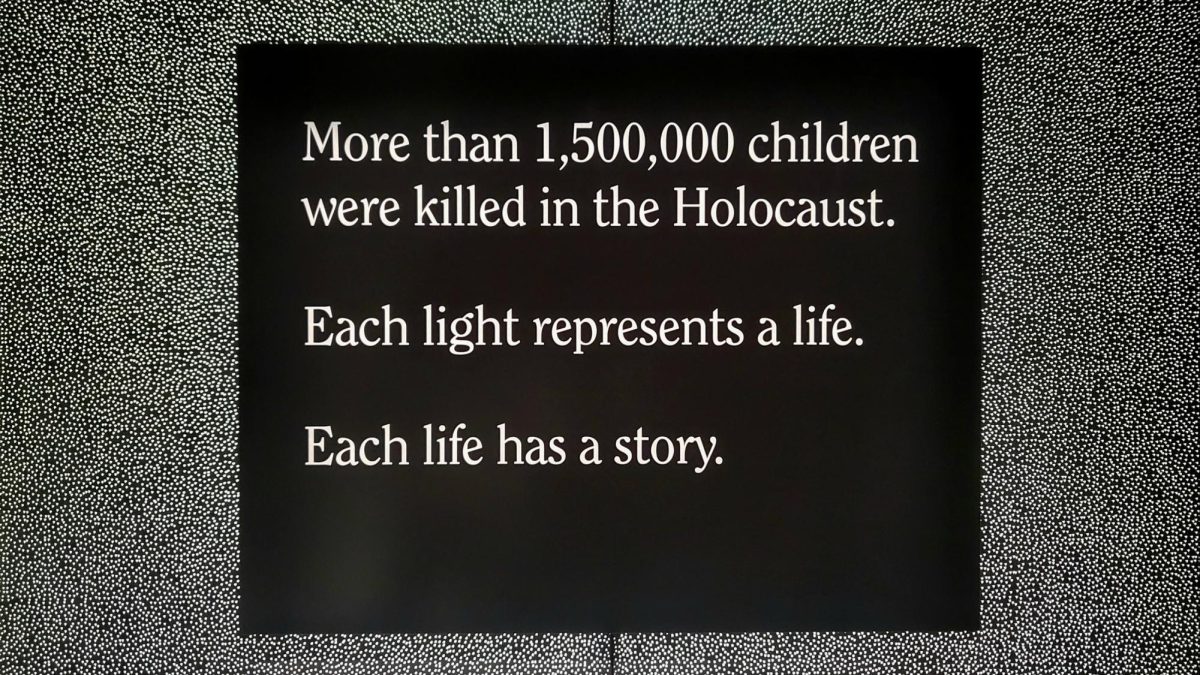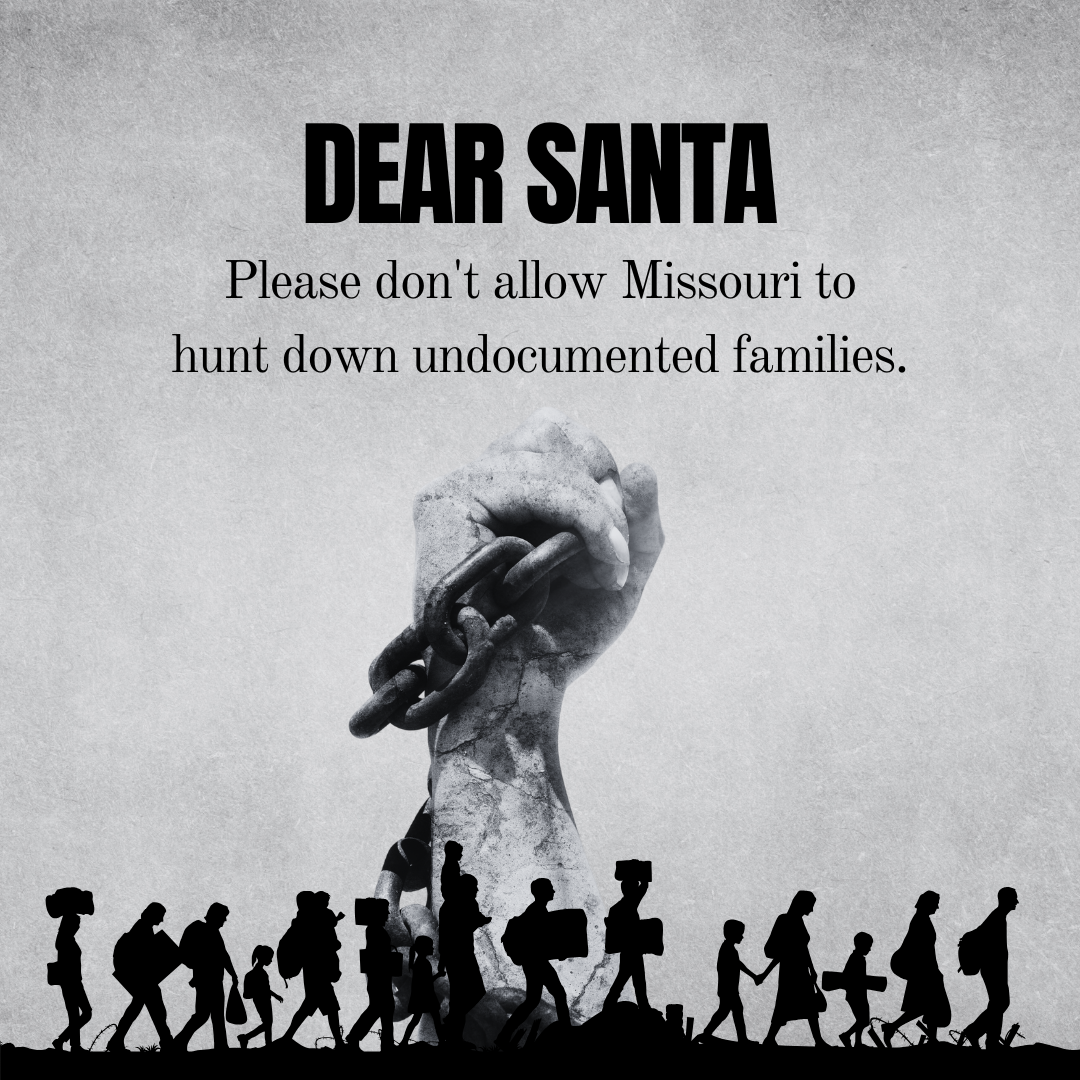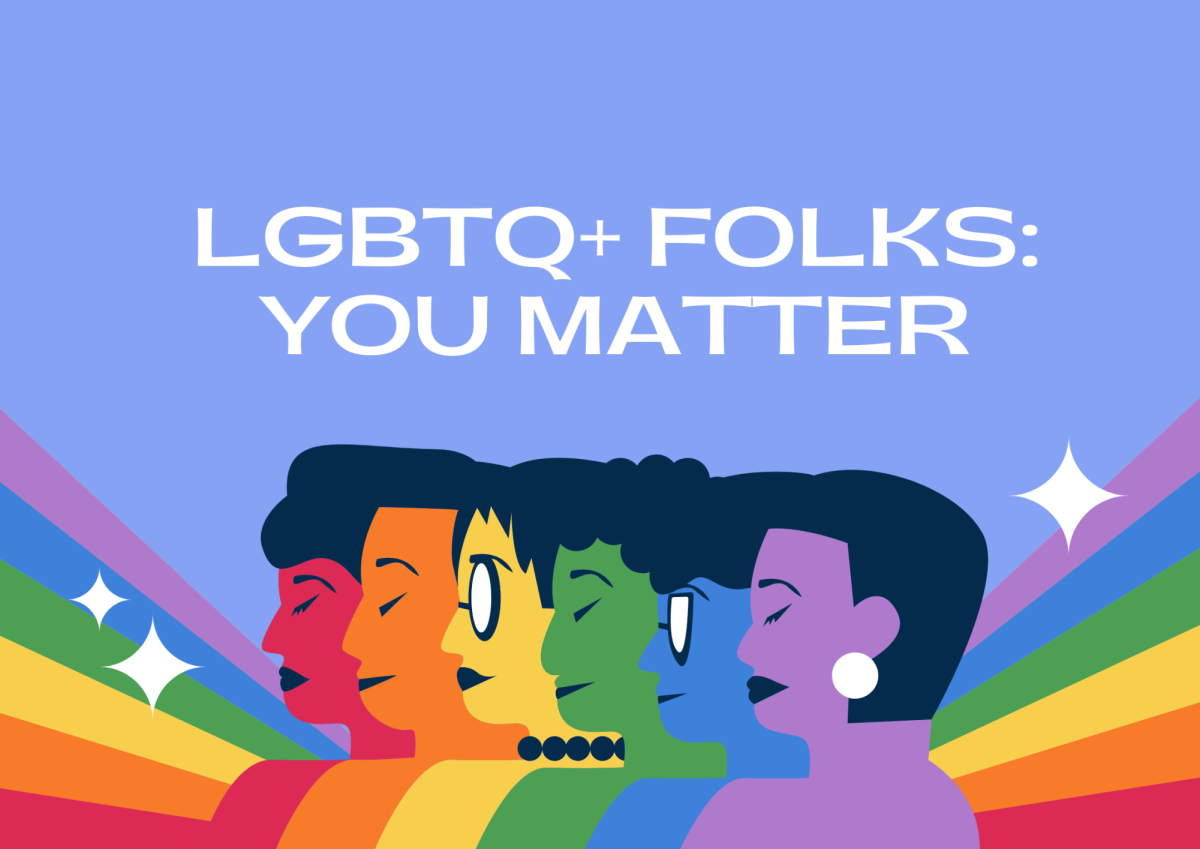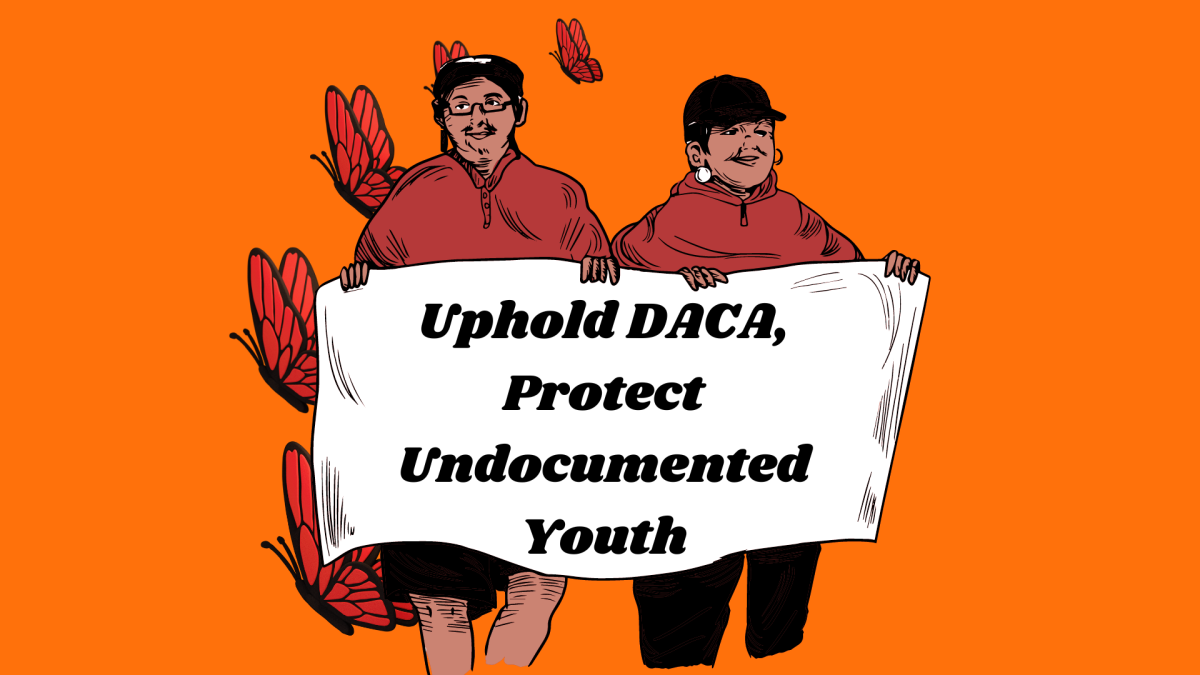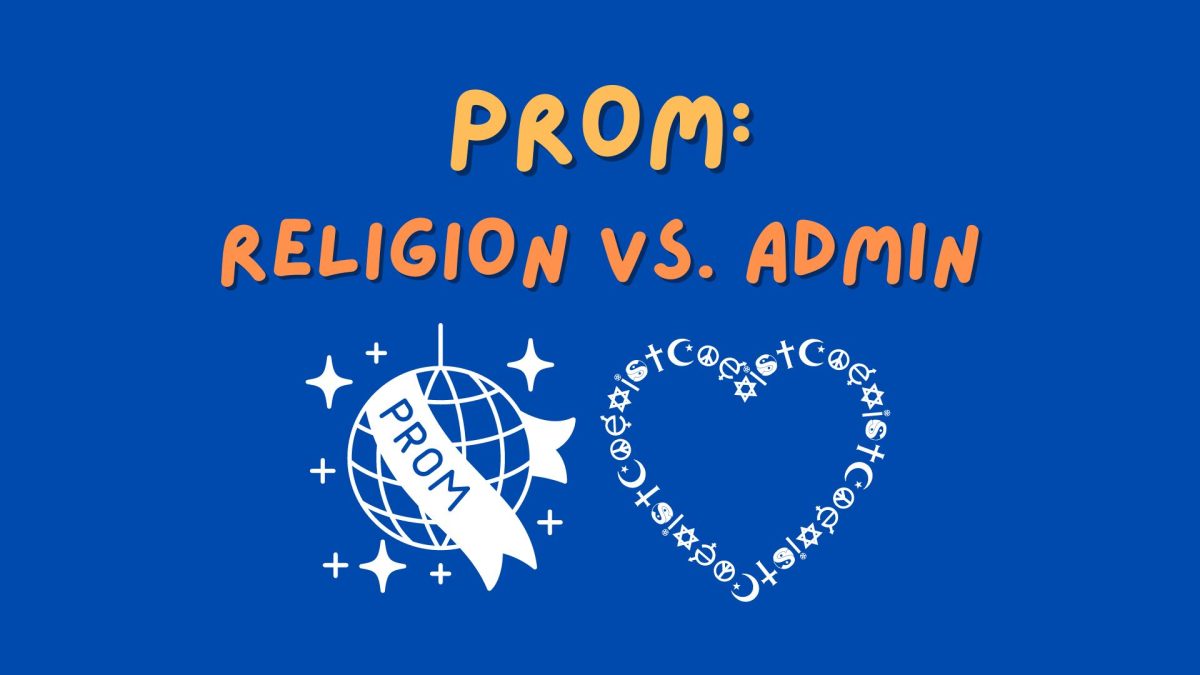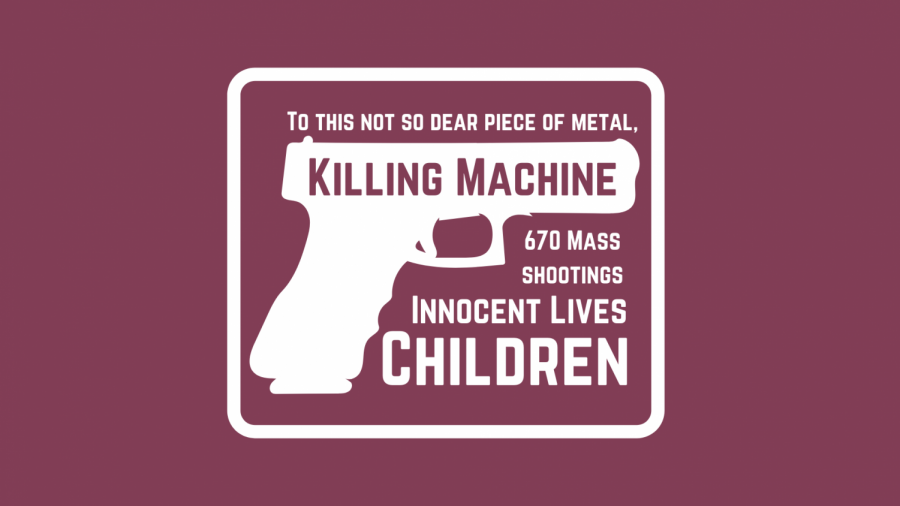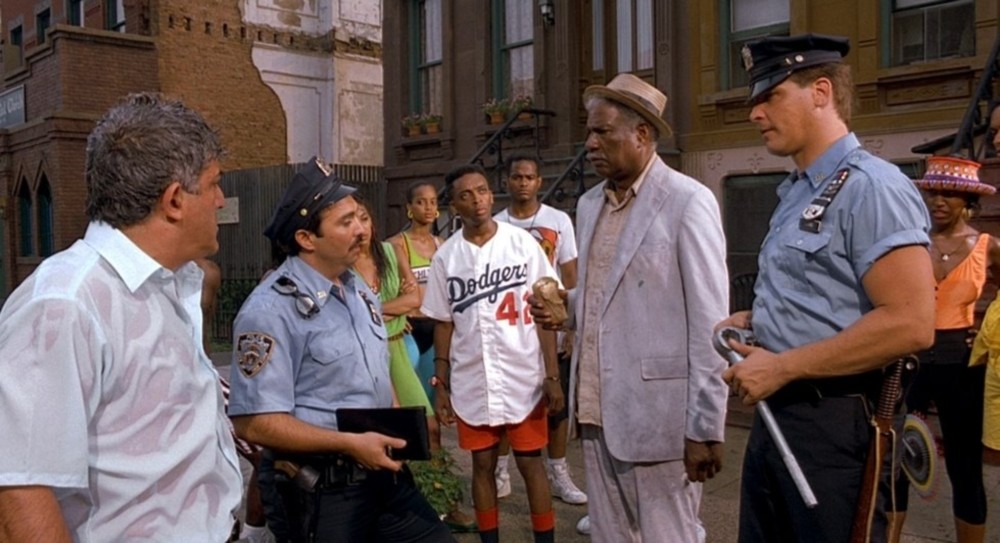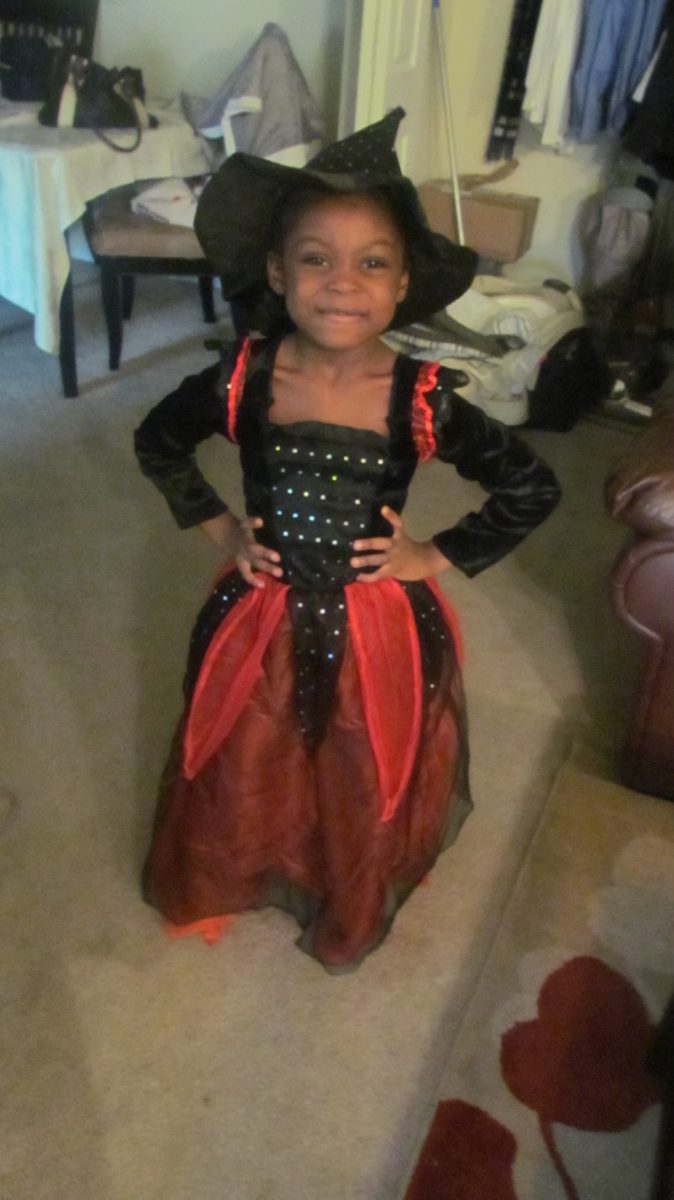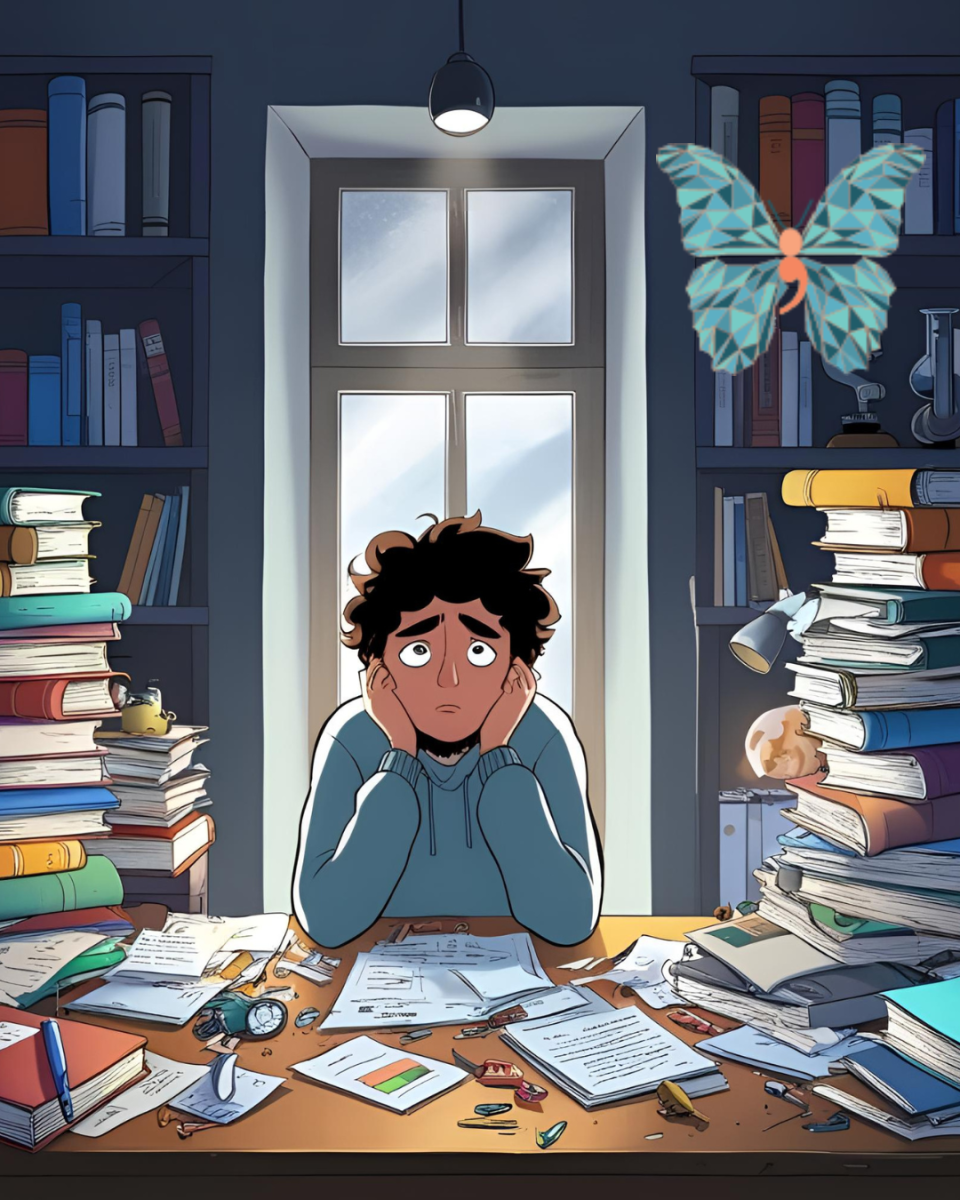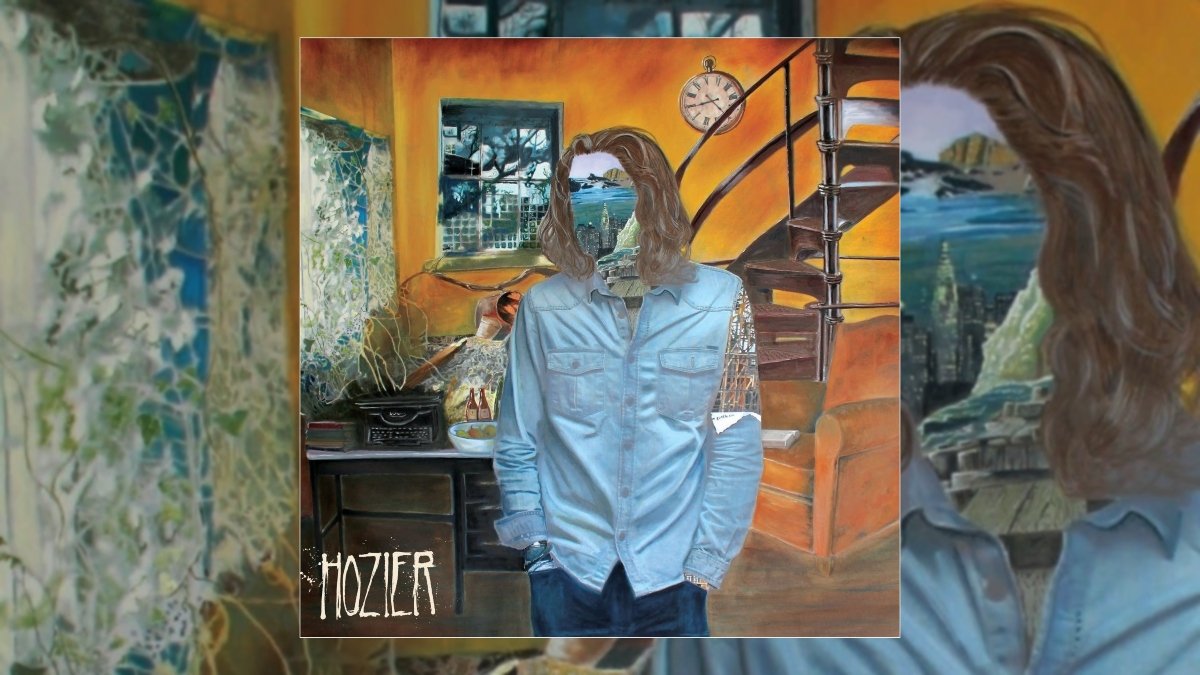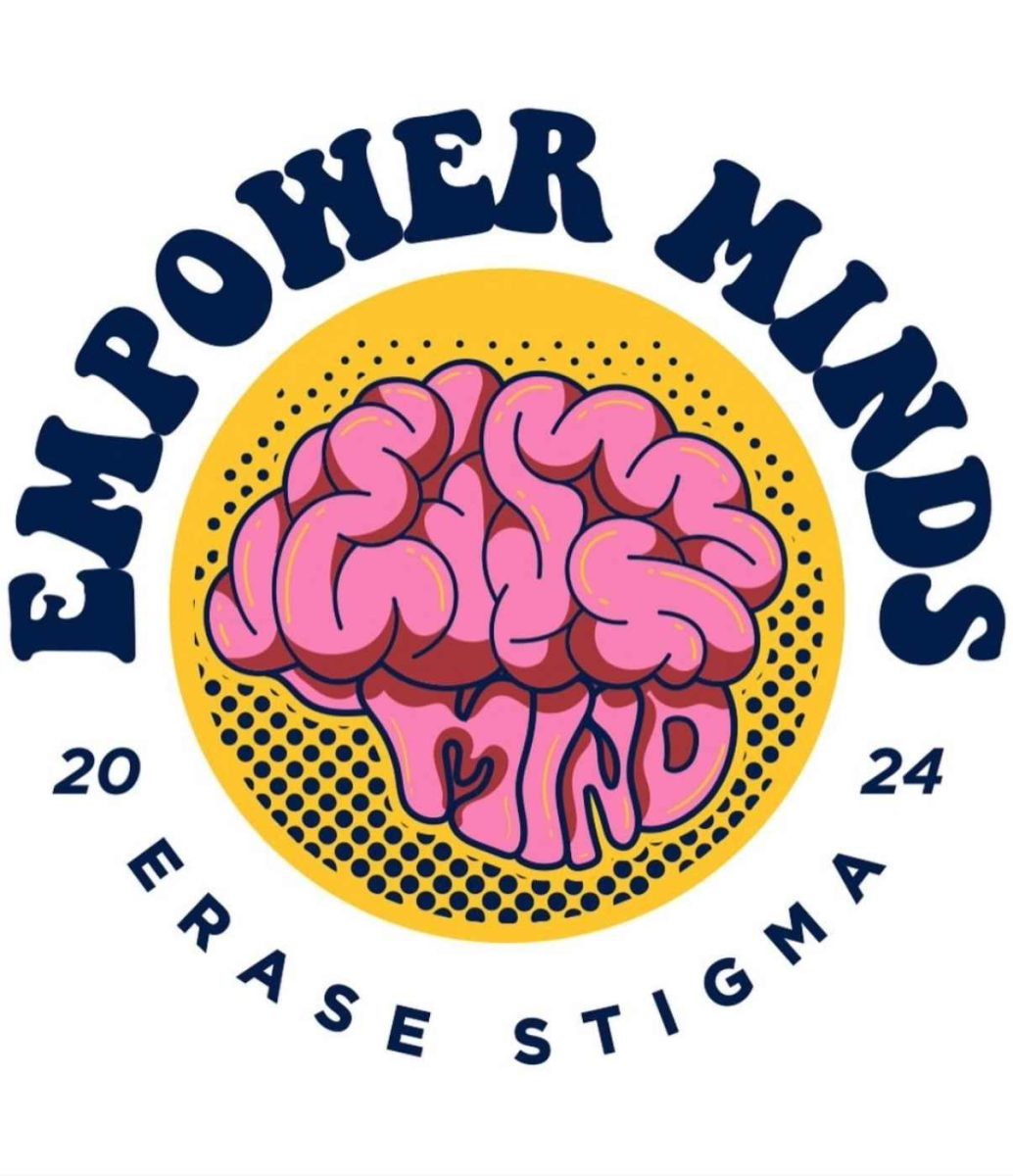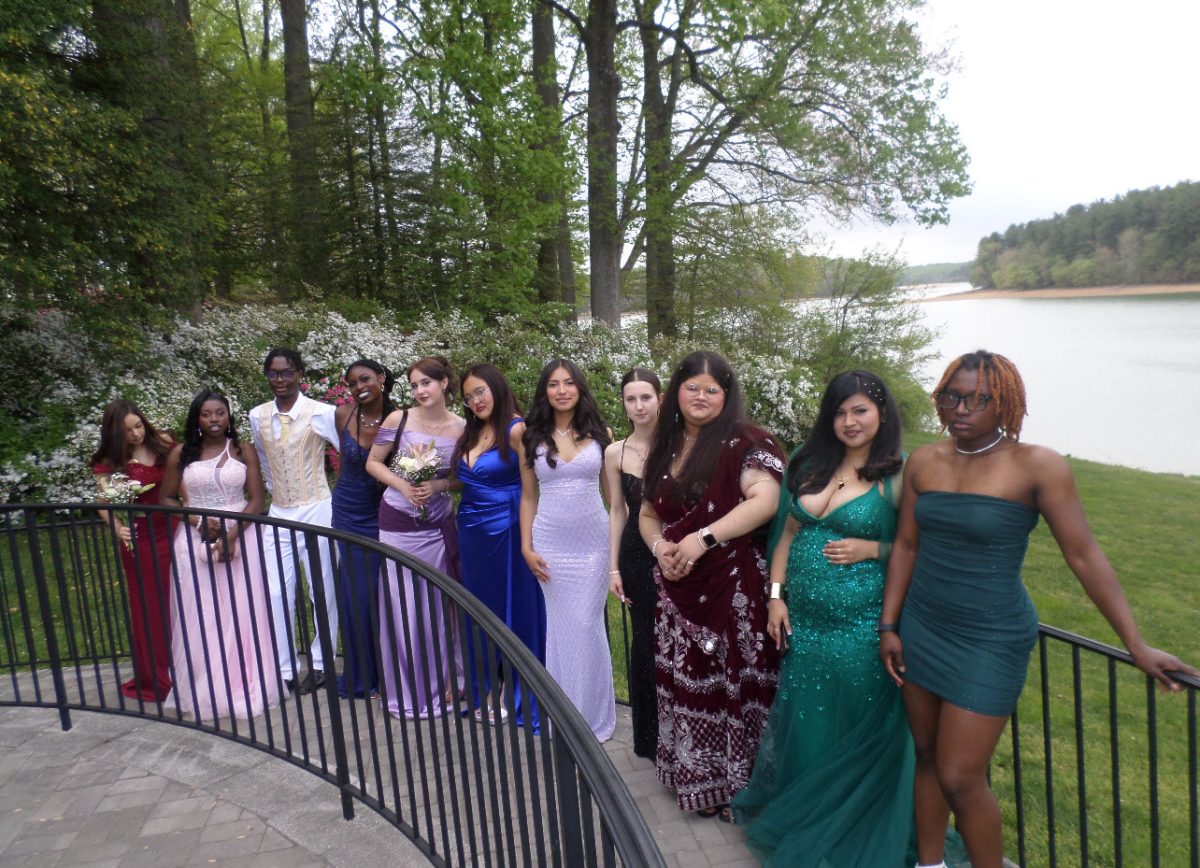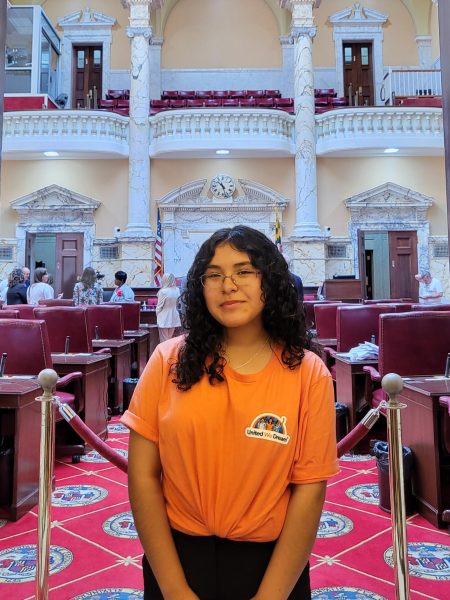“Night,” a memoir by Holocaust survivor Elie Wiesel, is banned in certain districts in North Carolina and Iowa because the school board deemed the depiction of the Holocaust as too explicit. An account from a survivor of one of the most horrific genocides in the mid-1900s that cost the lives of roughly 6 million Jews–teaching the Holocaust means teaching hard history.
To teach hard history means to teach facts, not watered-down statements or selective material to fit a political agenda. “Night” is a hard history—it was the reality for millions of Jews, and the antisemitism that led to the Holocaust continues to harm Jewish communities today. If schools don’t teach the inhumanity that occurred throughout the Holocaust, especially through one of the most widely accepted accounts, then schools aren’t teaching students about the Holocaust; schools are teaching fabricated history.
History is meant to be uncomfortable. It’s meant to make us look back and see how much something has changed throughout time—to learn about wrongdoings that should never be repeated. Often, history is taught through the perspective of the “winners,” those who reigned victorious and their gains. This never encompasses the truth—real history. Schools must teach history to its fullest extent, and this starts by implementing first-hand accounts of the victims of history and marginalized communities in the curriculum.
The Holocaust wasn’t fiction; it was a real event that shaped identities and experiences on a global scale and will continue to have lasting effects as long as humanity progresses. As we move further away from the generation of Holocaust survivors, we must preserve their voices and their experiences regardless of how ‘uncomfortable’ it may be to teach.



